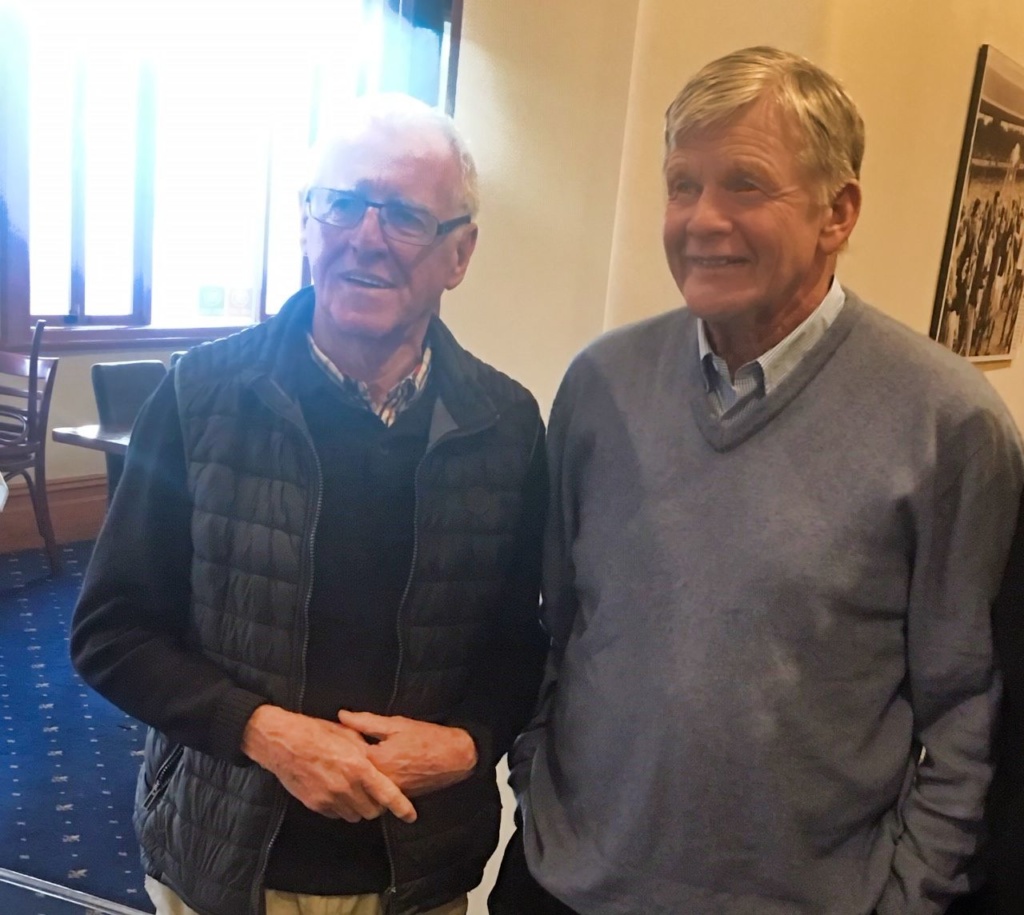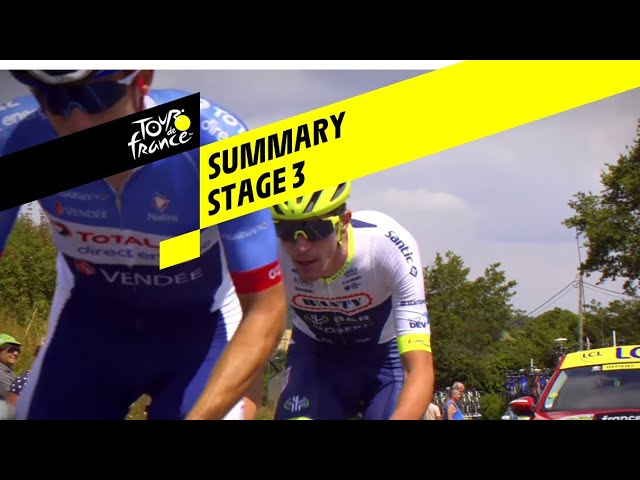HE ACHIEVED everything there was to achieve in football with one exception – and even then old Bomber Barry Davis might have been dudded, says Chief Writer RON REED:
THE list of footballers who “coulda, shoulda, woulda” won a Brownlow medal is a long and illustrious one, and there’s even a shorter list of players who probably should have won it more often than they did. At Essendon, they have a couple of such stories from the fairly distant past, which they haven’t forgotten and probably aren’t likely to.
If their recollections are accurate, then the Bombers were indeed robbed on a couple of occasions. Essendon has eight Brownlows but only five winners because Dick Reynolds won their first three, Bill Hutchison the next two, followed by Graham Moss, Gavan Wanganeen and James Hird.
They continue to claim that Hutchison should have three, and that Barry Davis should have one.
Davis was philosophical about this when, accompanied by his old team-mate and coach John Birt, he spoke at the fortnightly Friday lunch hosted by former Carlton star Percy Jones at the North Fitzroy Arms pub.
He didn’t bring it up himself, but Birt recalled that in 1969 Davis played a blinder against Fitzroy, his best game of the season and, according to the coach then, Jack Clarke, one of his best ever – but got only two votes from the umpire. The three votes went to the old Lion, Kevin Murray, who Birt and Davis agree, played OK but was far less influential.
When the votes were tallied at the end of the season, Murray prevailed with 19, one more than Davis and Footscray’s George Bissett. If Davis had got the three and Murray the two, the result would have been reversed.
Hutchison’s misfortune is a more incredible story. In 1955 he was runner-up by one vote to South Melbourne full-back Fred Goldsmith, 21 to 20. But when Essendon played the Swans at Windy Hill on June 4, their versatile champion Hugh Mitchell played on Goldsmith and kicked 9 goals 6 behinds out of a team score of 13.14, and yet Goldsmith somehow got the three votes without which he would not have beaten Hutchison to the medal.

When I put it to Birt that this simply didn’t ring true – that perhaps Mitchell was performing his usual role as a ruck-rover and not the spearhead, where he would have been Goldsmith’s direct responsibility, he shrugged and insisted that was how it happened.
If so, for bad luck – or weird umpiring – it rivals the sorry tale of Carlton’s Greg Williams, who lost his third medal by a vote to Wanganeen in 1993 despite not getting a vote in a match in which he had more than 40 possessions and kicked three goals. So perhaps that was one the Gods gave back to Essendon.
The medal is about the only accolade missing from Davis’s spectacular cv. Now 75 but looking 20 years younger, he played 218 games for Essendon, 71 for North Melbourne and 11 for Victoria, won three best and fairests for his first club and two at his second, played in two premierships for Essendon and captained North to its first one, coached Essendon for three years, was named in both clubs’ team of the century and is in the AFL Hall of Fame.
He was also a handy club cricketer, who played in the most famous District match ever, the 1965-66 final when Essendon declared at 9-514 only for Bill Lawry to bat for three days for 282 not out to win the game for Northcote. Davis made 61 batting at No 8 and claims he had Lawry caught off his off-spinners but given not out
Birt claims Davis was indirectly responsible for him getting the sack as coach after just one season because, having been told he needed to win the last two games against South Melbourne, which was duly done, and Footscray, he controversially took his captain out of the backline and put him on to the ball, where he kicked one goal nine as the Bombers lost by five points.
However, that turned out to be academic because Birt later learned that the club had been negotiating since halfway through the season for Collingwood’s Des Tuddenham to take over as captain-coach.
When Tuddenham arrived, Davis took him for a coffee and gave him a sheet of paper critiquing every player’s strengths and weakness and best positions. “He looked at it and said, ‘Great,’ and then screwed it up and threw it in the nearest bin,” Davis said.
The relationship did not improve when Tuddenham told Davis he would no longer be playing on the ball, where he had been starring for years, but would return to the backline where he had played his early footy. “That wasn’t good,” Davis said.
It got infinitely worse when the new boss famously ordered the players to crawl two laps of the oval on their hands and knees at Sunday morning training, saying, “If you play like babies, you’ll train like babies.”
“It was a terrible thing to do,” said Davis, who along with other senior players complained to the committee, saying they wouldn’t put up with “this rubbish”.
Before long, both men were gone – Tuddenham back to Collingwood, Davis to North, where he had a more enjoyable and productive relationship with the coaching doyen Ron Barassi, even persuading the great man to give up smoking.
As for Tuddy, “I actually came to like him later in life,” he said. Which is probably true of most people who have ever had much to do with the old Magpie firebrand.
RON REED has spent more than 50 years as a sportswriter or sports editor, mainly at The Herald and Herald Sun. He has covered just about every sport at local, national and international level, including multiple assignments at the Olympic and Commonwealth games, cricket tours, the Tour de France, America’s Cup yachting, tennis and golf majors and world title fights.



Discussion about this post